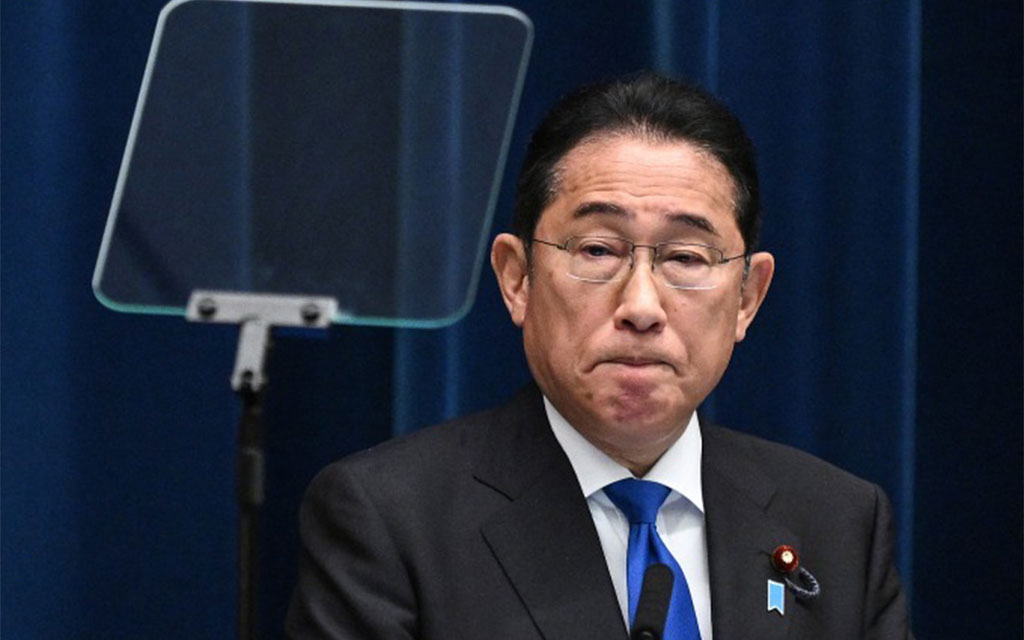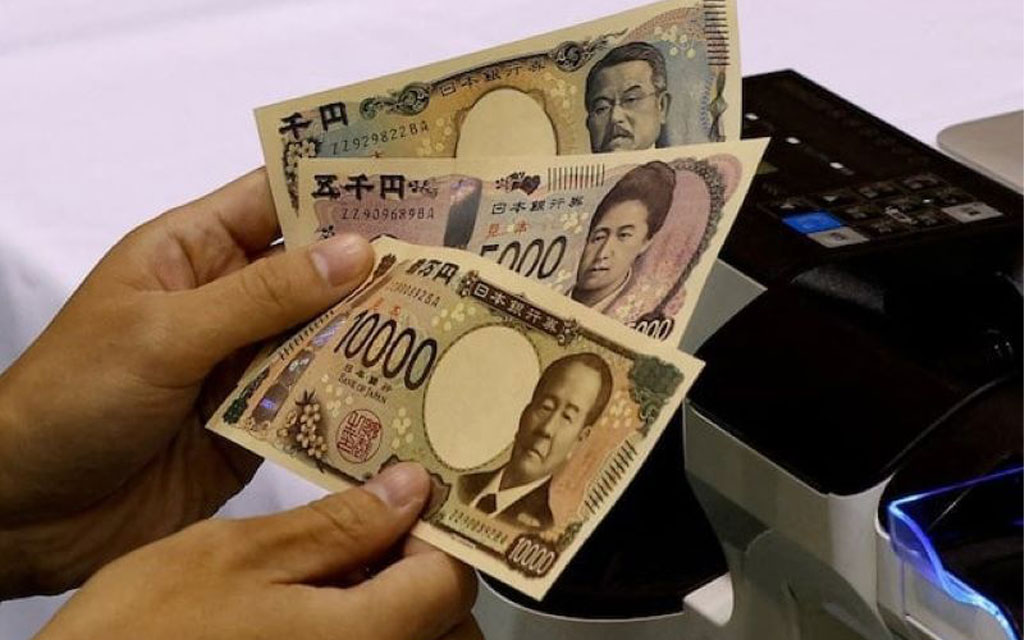The departure of Prime Minister Fumio Kishida may lead the Bank of Japan (BOJ) to postpone its interest rate rise plan.
Mr. Kishida declared on August 14 that he will not seek the Liberal Democratic Party (LDP) presidential candidacy in September. This implies that he will not be Japan’s prime minister after that point. The party that has ruled Japan virtually nonstop since 1945, the LDP, will choose a new president next month. Typically, the prime minister is also the head of the ruling party.
According to analysts, this may force the Bank of Japan (BOJ) to defer raising interest rates. The process of selecting a new leader for the ruling party and how the market response impacts the frequency of interest hikes determine how long the hiatus will last.
Japan’s interest rates are still quite low, almost 20 years from now. This year, there have been two increases to the monetary policy. The reference interest rate at the moment is about 0.25%.

The BOJ continues to collaborate closely with Mr. Kishida’s administration to spread the word about the advantages of higher pay for laborers. Just a few days prior to the BOJ’s July rate hike, Kishida declared that normalizing monetary policy will facilitate Japan’s shift towards an economy focused on growth. This indicates that he is in favor of the end of the record low interest rate period.
The resignation of Mr. Kishida will create a political void, heighten uncertainty around economic policy, and impede the Bank of Japan’s attempts to modify monetary policy. All of the present prime ministerial contenders, however, are in favor of increasing interest rates.
Considered a front-runner to head the LDP, Mr. Shigeru Ishiba, told Reuters that the BOJ’s steady hike in interest rates is “on the right track.” Interest rate rises were also advocated by other contenders, including Taro Kono and Toshimitsu Motegi.
It was just Sanae Takaichi who desired to unwind. He is a member of the party that backed stimulus plans under the administration of former prime minister Shinzo Abe.
“The majority of contenders don’t appear to be against the normalization of BOJ policy; Takaichi may be the exception. If so, there won’t be much of a disturbance to the bank’s long-term interest rate hiking plan, according to Reuters analyst Mari Iwashita.
Households may be under strain from a weaker yen as living expenses rise. Politicians will thus probably concur to gradually boost interest rates. This indicates that the BOJ is still adjusting, but maybe more slowly than anticipated.
According to a poll done late last month by the Japan Institute of Economic Research, a lot of analysts thought there would be one more adjustment before the year was up. According to data released on August 15, robust spending drove Japan’s GDP growth in the second quarter, surpassing projections. This enhances the capacity to boost earnings.
Nonetheless, there are further grounds for the BOJ to hold interest rates steady at its upcoming policy meeting on September 19–20. The campaign for LDP leadership is happening right now. The US election may possibly lead to market turbulence and the failure of this bank.
Chief economist at Daiwa Securities Toru Suehiro said, “BOJ will pause interest rate increases until at least December, when the political situation in Japan and the US becomes clear.”



